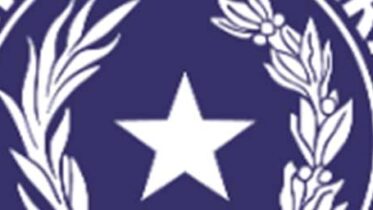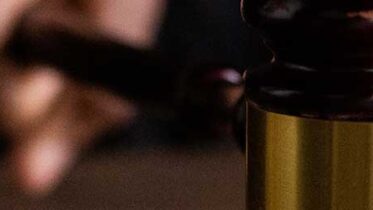Anti-piracy: Mechanisms to combat illicit trade and transnational crime
- 27 May 2022
- Articles
The United Nations Office on Drugs and Crime estimates that transnational organized crime generates $870 billion a year, encompassing virtually all serious international criminal acts; drug trafficking, human trafficking, firearms trafficking, to name a few, and all crimes related to the trafficking of counterfeit goods, commonly called “pirate”.
To mention an example of the relationship between piracy and other crimes, in recent years it has been shown that criminal groups that traditionally dedicated themselves to more serious crimes, such as drug trafficking, have been attracted to enter the manufacture and distribution of counterfeit merchandise since it is a highly profitable business, in which they can use their same modus operandi in terms of routes and contacts, but with lower penalties compared to other crimes, thus generating higher profits to finance the rest of their illicit operations.
There is a certain social permissiveness towards the falsification of merchandise as there is no awareness of its true consequences, it is thought that it only means economic losses to the manufacturers of original merchandise, but its effects go much further, it affects public income in loss of taxes, affects health with counterfeit medicines, fraudulent drinks, and food, supplies that can be harmful such as lead paint, electrical appliances that can cause short circuits, affects the environment by not having regulations regarding manufacturing materials and waste, etc.
In addition to the above, we have the new challenge of online piracy, which facilitates the sale of counterfeit merchandise and increases its market by including movies, books, video games, and music.
What can be done to stop piracy?
The key actions to curb piracy are:
1) Surveillance: Trademark holders must constantly monitor and monitor e-commerce platforms, social networks, and even instant messaging services.
2) Information analysis: With the monitoring results, identify relevant offenders and their origin.
3) Take-downs: Most platforms have effective tools to take down ads for infringing products and block sellers.
4) Legal actions: If important or recurrent infringers are identified, proceed with actions before the corresponding authorities, such as the Mexican Institute of Industrial Property.
Thanks to our extensive experience in implementing protection strategies, at ClarkeModet, we are ready to help you with the prevention and defense measures. If you are interested, please contact us at infomarketing@clarkemodet.com









